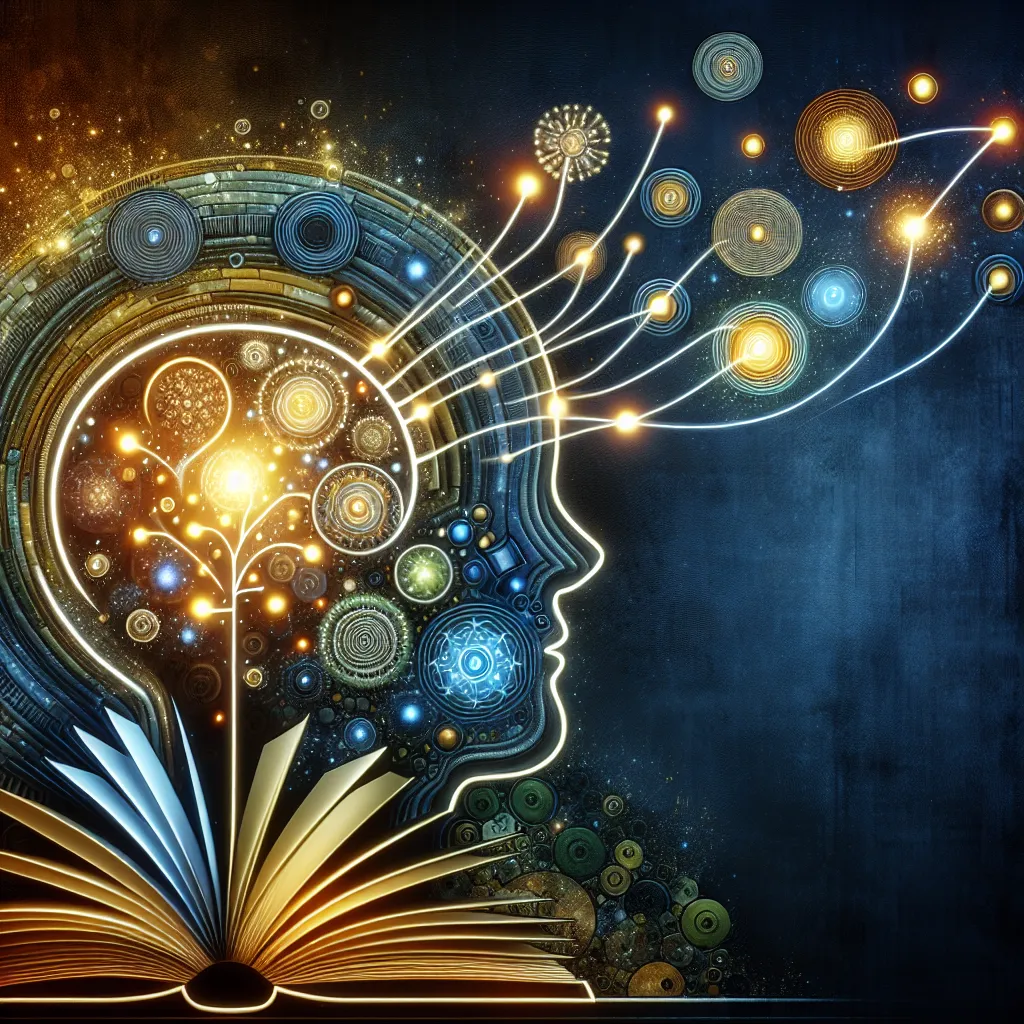Jean Piaget, a Swiss psychologist, was a towering figure in twentieth-century developmental psychology and education. His groundbreaking work laid the foundation for understanding how children acquire knowledge and intelligence through their interactions with the environment. Piaget’s theories of cognitive development and his insights into the learning processes have profoundly influenced both developmental and educational psychology, fostering a better understanding of the intellectual and emotional growth of children.
Piaget’s cognitive development theory suggests that children go through a series of developmental stages that influence their thought processes, enabling them to understand the world around them progressively. According to Piaget, these stages are the sensorimotor stage (birth to 2 years), the preoperational stage (2 to 7 years), the concrete operational stage (7 to 11 years), and the formal operational stage (11 years and older). Each stage marks a significant shift in how children perceive and comprehend their environment, with accompanying milestones marking their developmental progress.
In the sensorimotor stage, infants learn mainly through physical interaction with their environment, developing an understanding of object permanence and the notion that things continue to exist even when they cannot be seen or heard. The preoperational stage is characterized by the emergence of symbolic thought, during which children begin to use words and images to represent objects and events but still lack the ability to perform operations or reversible mental actions.
During the concrete operational stage, children develop logical thinking skills that enable them to sort, classify, and serially order objects, along with an understanding of the principle of conservation – the idea that quantity does not change despite changes in the shape or arrangement of objects. Finally, the formal operational stage heralds the onset of abstract thinking, allowing adolescents to hypothesize, deduce, reason systematically, and think about future possibilities.
Piaget’s conception of children as active builders of knowledge, engaging with their environment and constructing their own understandings, marked a departure from traditional views that often portrayed children as passive recipients of information. His constructivist theory underpins many education practices, encouraging activities that promote active learning, discovery, and the opportunity to make meaningful connections between new and existing knowledge.
The implications of Piaget’s theories are vast for educational psychology, which seeks to understand how individuals learn and how best to teach them. Piaget’s insights have encouraged educators to consider the developmental readiness of their students when designing curricula and has led to the development of educational programs that are age-appropriate and cognitively challenging. His influence is particularly evident in the contemporary emphasis on student-centered learning environments that encourage exploration, creativity, and collaboration.
Educators drawing from Piagetian principles incorporate concrete, hands-on experience as a crucial part of learning, especially for younger children in the preoperational and concrete operational stages. For example, interactive science experiments, manipulatives in mathematics, and multimedia resources across various subjects are used to engage learners and cater to their developmental needs.
Moreover, Piaget’s work has inspired the creation of developmental assessment tools to gauge a child’s stage of cognitive development, allowing educators to tailor instruction that accommodates individual differences. By understanding the way children think and process information at different stages of their development, teachers can more effectively scaffold instruction, provide appropriate challenges, and support the intellectual growth of their students.
In the realm of developmental psychology, Piaget’s influence is equally pronounced. His theory suggests that children’s thinking does not evolve in a vacuum but rather through the challenges they encounter and the experiences they undergo. These insights have led to a deeper exploration of the role of play in children’s learning and development, acknowledging its significance in allowing children to experiment, solve problems, and develop social skills.
Piaget’s concept of equilibration – the process by which children balance assimilation (integrating new experiences into existing schema) and accommodation (adjusting old schema to fit new experiences) – remains a vital framework for understanding not only cognitive development but also emotional and social growth. Developmental psychologists acknowledge the importance of nurturing environments that challenge learners and encourage the continual restructuring of their understanding.
Additionally, Piaget’s influence extends to the study of moral development. His observations of how children’s moral reasoning evolves have laid the groundwork for subsequent theories and research into the formation of ethical values and the cultivation of empathy and justice from childhood through adolescence.
Piaget’s theories have also sparked further research into cognitive development, with subsequent theorists building upon, refining, or challenging his ideas. Lev Vygotsky, for instance, introduced the concept of the Zone of Proximal Development, which emphasized the social context of learning and the role of more knowledgeable others in guiding children’s development beyond their current level of independent problem-solving capability.
Despite the broad acceptance of Piaget’s theories, they have not been without criticism. Some researchers have argued that Piaget underestimated the abilities of young children and that cognitive development does not occur in the discrete stages that he proposed. Advances in technology, especially in neuroimaging, have also shed new light on cognitive processes that suggest a more continuous and complex progression of cognitive development.
Nevertheless, Jean Piaget’s enduring influence on the fields of developmental and educational psychology is undeniable. His theories continue to inspire new generations of psychologists, educators, and researchers, making his contributions to the understanding of children’s learning and development among the most significant and transformative in the history of psychology.
Throughout the various educational and psychological landscapes that Piaget touched, his ideas still resonate with relevance and empirical support. Numerous contemporary approaches to learning and instruction, including constructivism, inquiry-based learning, and the emphasis on critical thinking and problem-solving skills, owe a debt to Piagetian theory. Educational methods like Montessori and Reggio Emilia education systems are deeply rooted in principles derived from Piaget’s work, demonstrating the ongoing practical impact of his legacy.
In conclusion, Jean Piaget’s influence on developmental and educational psychology is profound and pervasive. By shedding light on the intricate processes by which children come to know and understand the world around them, Piaget’s work continues to inform best practices in education and remains an integral part of the dialogue on how best to support the next generation’s development. His insight into the stages of cognitive development has provided a robust framework for interpreting cognitive growth and continues to provoke examination and innovation within the realm of psychology and beyond, ensuring that his legacy will continue to shape our understanding of the human mind for years to come.



Leave a Comment